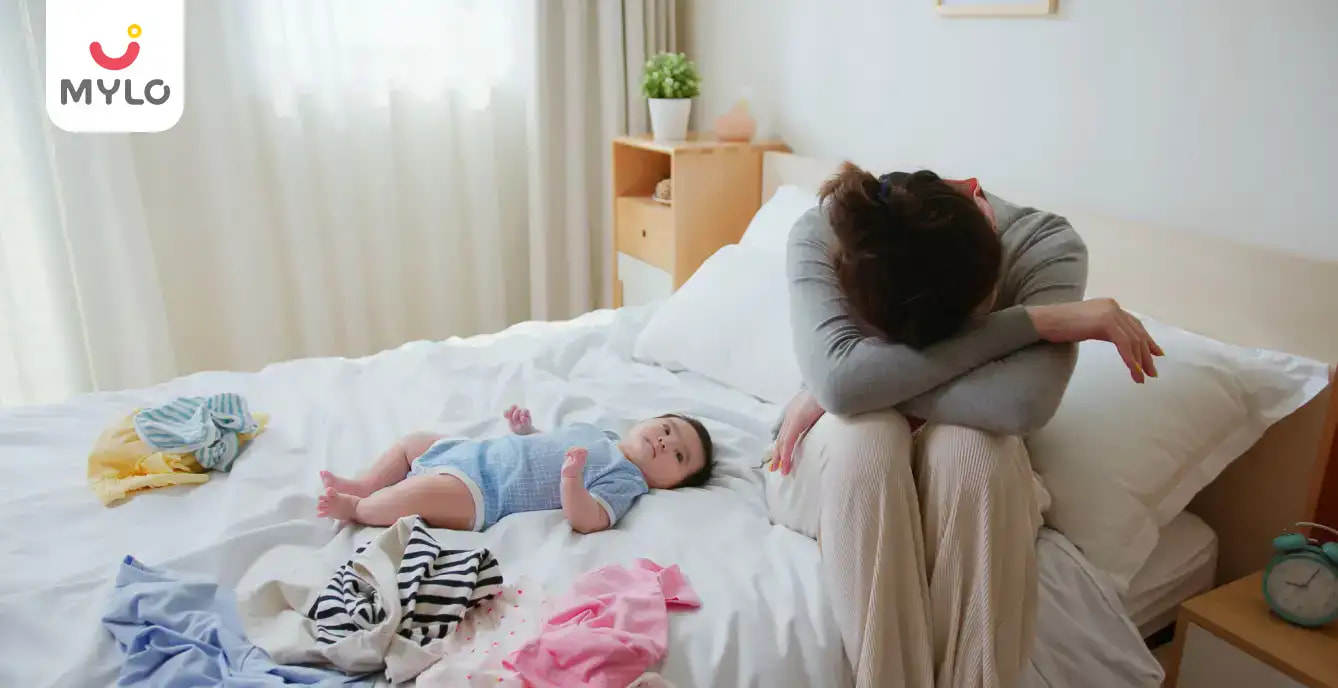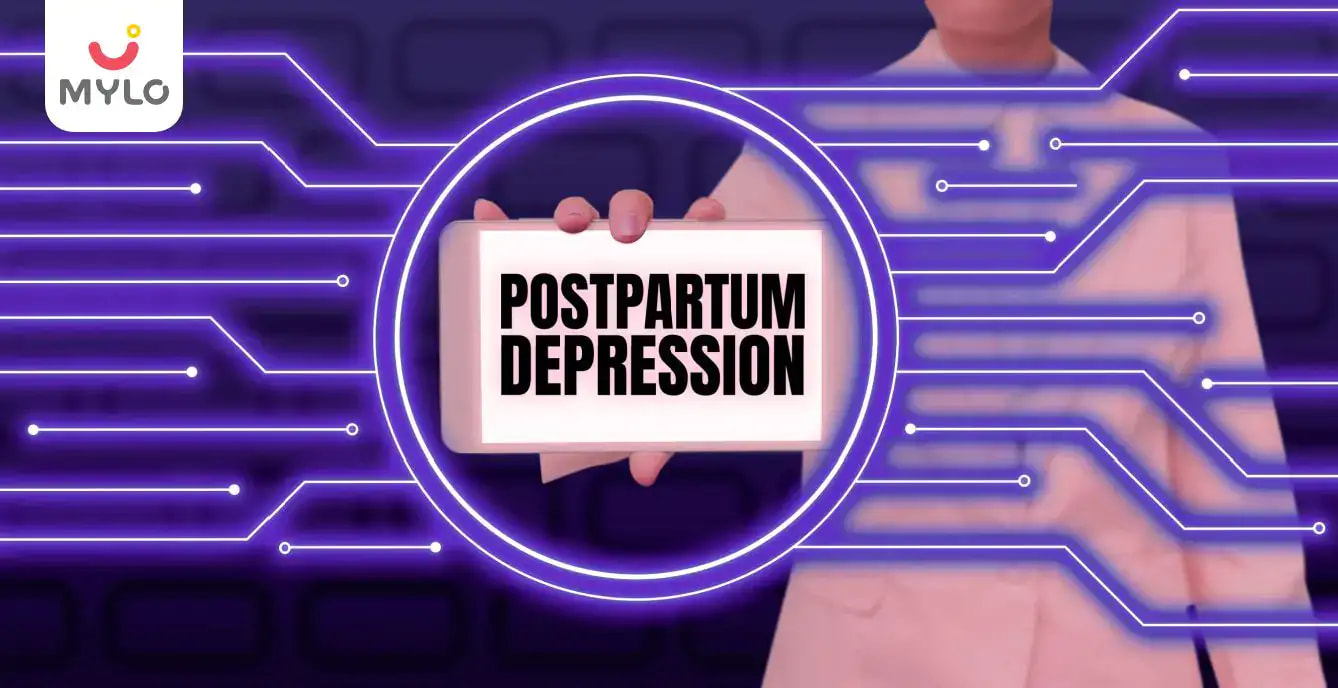Home

What is Postpartum Depression? How to Overcome it?
In this Article

Baby Care
What is Postpartum Depression? How to Overcome it?
Updated on 21 February 2024
A mother's life, in particular, undergoes profound changes after giving birth. Although the mother is certain to feel nothing but joy and delight, it is occasionally perplexing to observe the exact opposite. More than 40% of new mothers report feeling the "baby blues," a range of negative emotions including worry, sadness, exhaustion, and despair. The baby blues often subside after a week, but if they persist for longer than two weeks, it may be a sign of postpartum depression. There are times when such feelings can put the mother in guilt, but it is important to understand that these feelings, although normal, need attention.
In other words, postpartum sadness doesn't reflect your moral fiber. Often, this is just a natural consequence of giving birth. Prompt treatment of postpartum depression can alleviate symptoms and improve the mother-child relationship.
What is Postpartum Depression?
To have a child is to enter a new phase of life. Parenthood is a wonderful experience, but it also comes with its challenges. Concern and uncertainty are natural emotions, especially for first-time parents. On the other hand, if you've been experiencing significant feelings of melancholy or loneliness, along with erratic emotions and regular bouts of sobbing, you may be suffering from postpartum depression.
Postpartum depression, also known as perinatal depression, can manifest at any time during or after pregnancy, up to a year after giving delivery. A mental disorder, depression can alter one's mood, thought process, and behavior. Identifying postpartum depression from the stress and fatigue common in the early days of parenthood can be challenging. Feeling tired, depressed, or hopeless during or after pregnancy is normal; nevertheless, if these emotions keep you from functioning normally, you may be suffering from postpartum depression.
How Common is Postpartum Depression?
One in seven new mothers will experience postpartum depression (PPD). Somewhere between 75% and 80% of new mothers suffer from postpartum depression. Postpartum depression might affect as many as 15 percent of new mothers. Approximately 1 in 1,000 new mothers will experience psychosis after giving birth.
Unlike the "baby blues," from which most women rapidly recover, postpartum depression (PPD) is more persistent and significantly hinders women's ability to resume their pre-pregnancy lives. PPD has repercussions on both the mother and the baby. PPD impairs the ability of the mother's brain to respond and her conduct. Beck (2006) found that 50% of all cases of postpartum depression in new moms were undetected due to a desire to avoid disclosure to close relatives.
Who Is Affected By Postpartum Depression?
Depression after giving birth is extremely prevalent. About three-quarters of new mothers suffer from postpartum depression. As much as 15% of new mothers suffer from depression after giving birth, postpartum psychosis following childbirth affects 1 in 1,000 mothers.
What are the Types of Postpartum Mood Disorders?
A mother can suffer from one of three distinct postpartum mood disorders:
Postpartum Blues Or Baby Blues
Fifty percent to seventy five percent of new mothers experience depression after giving birth. The baby blues are characterized by feelings of extreme melancholy and worry, as well as frequent, uncontrollable bouts of crying that don't seem to have any clear cause. The symptoms typically start manifesting within the first week (within the first four days) after giving birth. Although it's unpleasant, most people feel better after two weeks, even without treatment. To get over this, reaching out to loved ones for encouragement and assistance is your best bet.
Postpartum Depression
About one-seventh of new parents have postpartum depression, which is much more serious than the baby blues. You have a 30% greater chance of developing postpartum depression if you've already had it once. You may feel guilty, anxious, and unable to care for your infant or yourself and endure a roller coaster of emotions (including frequent sobbing, anger, and weariness). There is a wide spectrum of symptoms, from minor to severe, and they can emerge anywhere from a week to a year after giving birth. Psychological counseling and antidepressant medication are both highly effective, despite the fact that treatment may take several months.
Postpartum Psychosis
Postpartum psychosis, a severe form of postpartum depression, necessitates immediate medical intervention. About one in a thousand new mothers experience this problem. Rapid onset and intense symptoms, often persisting for weeks or months after giving birth, are hallmarks of this condition. Hyperactivity, quick speech, and other manic symptoms include extreme agitation, disorientation, feelings of hopelessness and shame, sleeplessness, paranoia, delusions, or hallucinations. Due to the elevated suicide and baby-harm risks associated with postpartum psychosis, prompt medical intervention is essential. Psychological counseling, medicine, and inpatient care are the normal components of treatment.
Causes Of Postpartum Depression
Postpartum depression is a common condition that can affect new mothers. Those women who have struggled with mental illness or depression in the past are more likely to experience this. Having any of the following factors play a role can also raise the risk of postpartum depression:
- Emotional exhaustion may have origins in the stress of pregnancy, illness, financial hardship, social isolation, or problems with the newborn baby.
- Hormonal shifts can cause postpartum depression during pregnancy or after delivery. Pregnancy is characterized by elevated levels of the hormones progesterone and estrogen. After giving birth, the hormone levels return to normal. Possible negative emotional effects of this sudden shift.
- Postpartum depression can also be caused by physiological reasons such as malnutrition, lack of sleep, substance addiction, and low thyroid hormone levels.
- A family history of mental disease.
What are the Symptoms of Postpartum Depression?
Some sufferers feel guilty for having these feelings or believe they are bad parents because of their condition. Depression after giving birth is very frequent. It's not only you, and it doesn't make you a bad person that feels this way.
If you're looking for postpartum depression symptoms, here they are:
- Disappointment, hopelessness, guilt, and sadness.
- Excessive fretting and nervousness.
- Lack of enthusiasm for previously appreciated activities.
- Changes or loss of appetite.
- Failing energy levels and lack of interest.
- Problems falling asleep or maintaining a healthy sleep routine.
- Experiencing excessive or pointless sobbing.
- Issues with concentration or thinking.
- Suicidal ideation or a desire to end one's own life.
- Disinterest in your infant or anxiety while they are around you.
- Negative feelings toward one's unborn child or thoughts of harming oneself or the kid.
If you are experiencing postpartum depression symptoms, it is important to speak with your healthcare professional. This might be anyone from your family doctor to your psychiatrist. The pediatrician who cares for your child is another resource.
How Do I Know if I Have Baby Blues or Postpartum Depression?
Baby blues are a common postpartum emotion. Similar symptoms can be seen in both the "baby blues" and postpartum depression. However, the duration and severity of the baby blues are about ten days. The symptoms of postpartum depression are more severe and might persist for weeks or months.
You Know You're Experiencing the Baby Blues When
- The happiness you feel might swiftly turn to sadness. Your initial feelings as a new mother are ones of pride. One moment, you're confident in your abilities; the next, you're bawling over your perceived shortcomings.
- The lack of energy makes you not care about taking care of yourself, such as eating or sleeping.
- You're worried, overwhelmed, and angry.
You Know You're Experiencing Postpartum Depression when
- You constantly feel helpless, unhappy, useless, or lonely and frequently cry.
- As a new parent, you doubt that you're succeeding.
- Relationship building between you and your newborn is lacking.
- Your intense sadness prevents you from eating, sleeping, or caring for your infant.
- Experiencing anxiety and panic episodes is a possibility.
How Long Do Postpartum Depressions Last?
The onset of PPD also varies from person to person, much like the severity of its symptoms. Most new mothers feel the effects within the first few weeks after giving birth (often within six weeks). However, in some cases, PPD symptoms can appear as late as six months.
Sometimes, the symptoms of PPD might last for months in a woman. Multiple studies have shown that postpartum depression symptoms can persist for at least three years after birth.
Some things can make it more likely that PPD symptoms will stick around. They are:
- Younger age
- Multiparity (having given birth more than once)
- Early delivery
- Gestational diabetes
Similarly, mothers who suffer from severe symptoms for an extended time without treatment may be at a greater risk of enduring PPD symptoms for longer. This is why it's important not to put off seeing your doctor so you can get the care you need as soon as possible. It's important to remember that you're not alone and that there are measures you may take to alleviate your symptoms.
Can Postpartum Depression Affect My Baby?
Yes, postpartum depression can affect the bond between you and your child. It's crucial that you and the baby get treatment.
Here are some of the ways that studies have shown postpartum depression might influence your child:
- You cannot connect with your child and experience difficulties forming bonds.
- It's possible that your kid is having academic or behavioral issues.
- The pediatrician is someone you may choose to miss in favor of more important things.
- There may be problems with your child's eating and sleeping habits.
- The risks of your child becoming overweight or having developmental problems are increased.
- If you are sick, you may not take good care of your child.
- There's a chance that your infant lacks the social abilities of a typical child.
How is Postpartum Depression Diagnosed?
It is not possible to detect postpartum depression with a single test. At your postpartum checkup, your doctor or healthcare provider will assess how you're doing. Some things that might happen at this appointment are talking about your health history, how you've been feeling since giving birth, a physical exam (including a pelvic exam), and maybe even some blood testing. Two or three weeks after giving birth, many doctors recommend another visit to check on the mother and conduct a depression screening. This guarantees that you will receive timely assistance.
In order to diagnose postpartum depression, they may conduct a depression test or ask you a series of questions. There will be many inquiries into your well-being and the health of your newborn. Talking openly and honestly with your physician will help them clearly understand your feelings. They can help you determine if what you're experiencing is normal or the beginnings of postpartum depression.
When diagnosing postpartum depression, your doctor may request a blood test to rule out other possible causes of your symptoms.
You should always be truthful with your doctor since they want what's best for your health and well-being. You won't be judged and won't have to deal with your emotions in isolation.
How To Overcome Postpartum Depression?
Exercise
According to studies, physical activity may aid in the fight against postpartum depression. Postpartum exercise has been shown to improve mental health and reduce the intensity of postpartum depression.
According to the American College of Obstetricians and Gynecologists, strengthening abdominal muscles, lowering stress, improving sleep quality, and increasing energy are just some benefits of exercise.
If you've had a normal pregnancy and vaginal delivery without complications, you can start light exercise just a few days after giving birth. If you had a difficult delivery or a cesarean section, you should consult your doctor before starting an exercise regimen.
Beginning with walking is ideal since you can push your stroller while getting some exercise. Make it a goal to exercise for at least 20 to 30 minutes daily. If you just have 10 minutes, try to squeeze in some exercise.
Healthy Diet
Eating the right food with all the needed nutrients must be your priority. Even if you are not eating for two (something we have heard so often from our elders), you still need to eat enough to provide for your child as you breastfeed.
DIY food chart from elders includes a lot of ghee in whatever we eat, completely non-spicy food, survival on bottle gourd curry with some hot ghee-full chapattis, buckwheat porridge, green dal curry, milk, almonds, some homemade snacks, and a lot more things with lots of ghee.
Dry thyme, also popularly called ajwain, is the most important ingredient as soon as you give birth to your child. It is known to clear the stomach and remove all kinds of impurities from your body via the blood that goes out of your body post-childbirth.
If you see closely, all these foods are rich in iron, calcium, proteins, carbohydrates, and fats, which is what our body needs to get back to normal. But what do the professionals say? Should a woman having a cesarean delivery follow a diet different from a normal one? Well, not really. It's all the same because what is most important for a new mom, irrespective of whether she has had vaginal childbirth or an operated one, is to take care of her health.
Take Rest
Once you become a mother, your life becomes about your child and nothing else. Somewhere you as an individual tend to lose yourself and forget to take care of your body and mind as well. Postpartum is a phase that changes your life and priorities completely, and it is understandable and normal to lose yourself. However, you must also understand that if you do not take care of yourself, you will not be able to take care of the baby.
One of the best ways to cut slack is to rest well. The more you rest, the better your mind and body health. You will be in a better mental state and more active. Therefore, do not forget to take ample rest because healthy motherhood begins with a healthy you!
Give Yourself Some Me Time
Another way to distract yourself and feel better is by taking time for yourself. It may sound like an impossible thing in the world once you are a mother, but it isn’t as challenging. All you need is to maintain a proper schedule and ensure you get time to do what you like. It could be as simple as reading a book or just taking a walk down the lane. You can also pamper yourself and visit a salon or hang out with your friends. Do anything that makes you happy and reduces your stress.
How To Prevent Postpartum Depression?
It's possible to avoid developing postpartum depression with a little forethought and self-discipline. Tell your doctor immediately if you or someone you plan to conceive has ever suffered from depression, especially postpartum depression.
Tips for avoiding postpartum depression are as follows:
Stay away from anything that could stress you when you're expecting. Make good eating and maybe light exercise part of your regular regimen. See a doctor if you're feeling depressed. Therapy and support groups can assist those with mild depression cope with their symptoms. In some cases, a doctor may prescribe antidepressants to a pregnant woman.
If your family has a history of depression, your doctor may suggest a postpartum checkup to look for signs of postpartum depression following the birth of your baby. After giving birth, you should take it easy and not rush back into your old schedule.
Noticing the first warning signals of depression can be crucial in preventing a more serious episode later.
To find help for postpartum depression and care, you can check Mylo Postpartum Care Plan that takes care of the new mother's needs and holistic well-being. It can help you with postpartum depression and recovery, increased breast milk secretion, weight loss, improved gut health and constipation relief.
Conclusion
Becoming a mother can surely be the best thing that could have ever happened to a woman. However, sometimes, things are not as rosy as they look or seem like. Many women find it hard to adapt to the huge change in life and therefore fall to postpartum depression. If you are looking for how to deal with postpartum depression, this article will surely help you understand a lot about this topic and help you deal with PPD better!



Written by
Ravish Goyal
Official account of Mylo Editor
Read MoreGet baby's diet chart, and growth tips

Related Articles
Related Topics
RECENTLY PUBLISHED ARTICLES
our most recent articles
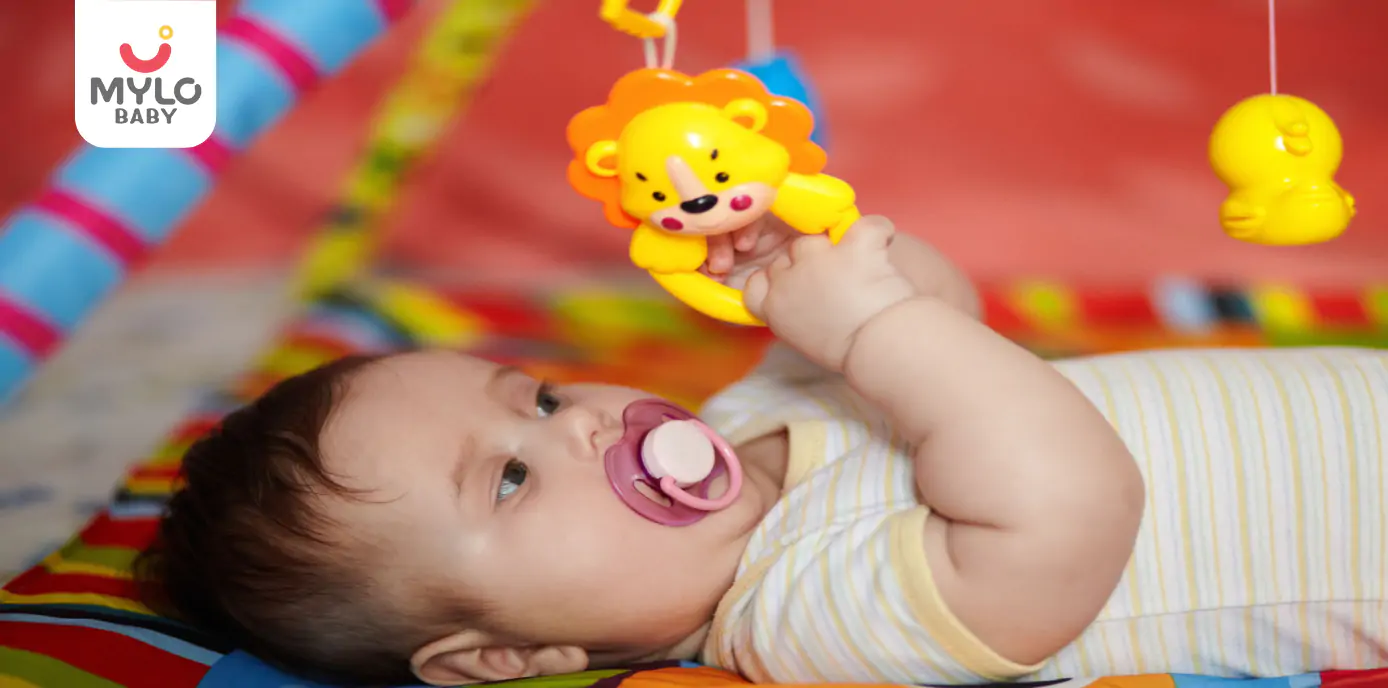
Growth & Development
The Development of Your Kid at the Age of Four Months
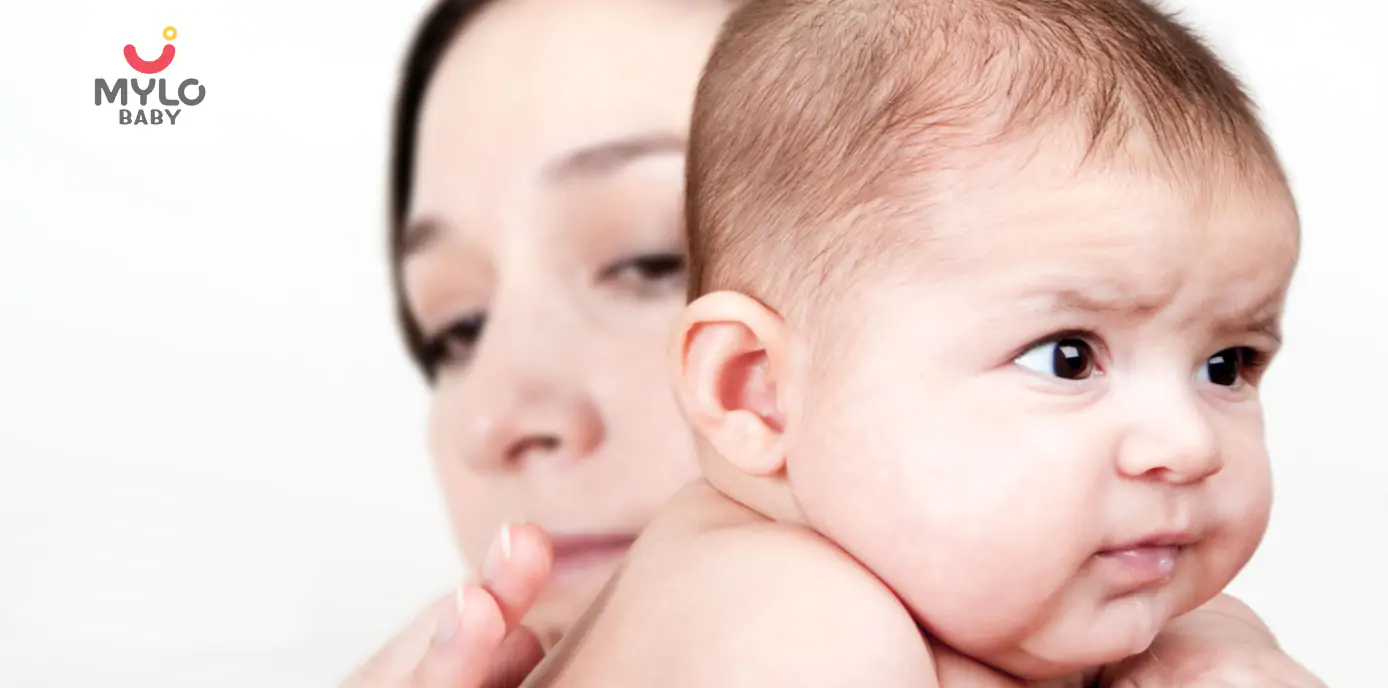
Burping Your Baby
Burping Your Baby
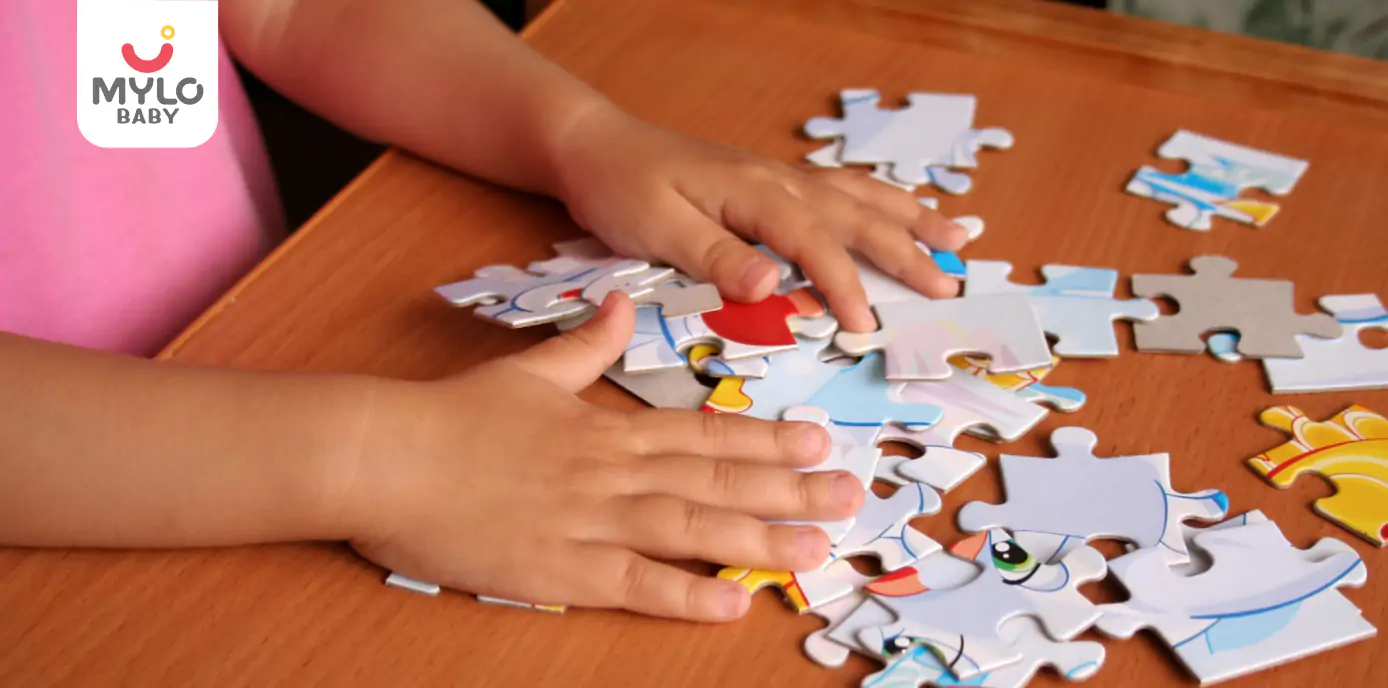
Crawling
What Is the Significance of Motor Skills in Children & How to Develop Them?
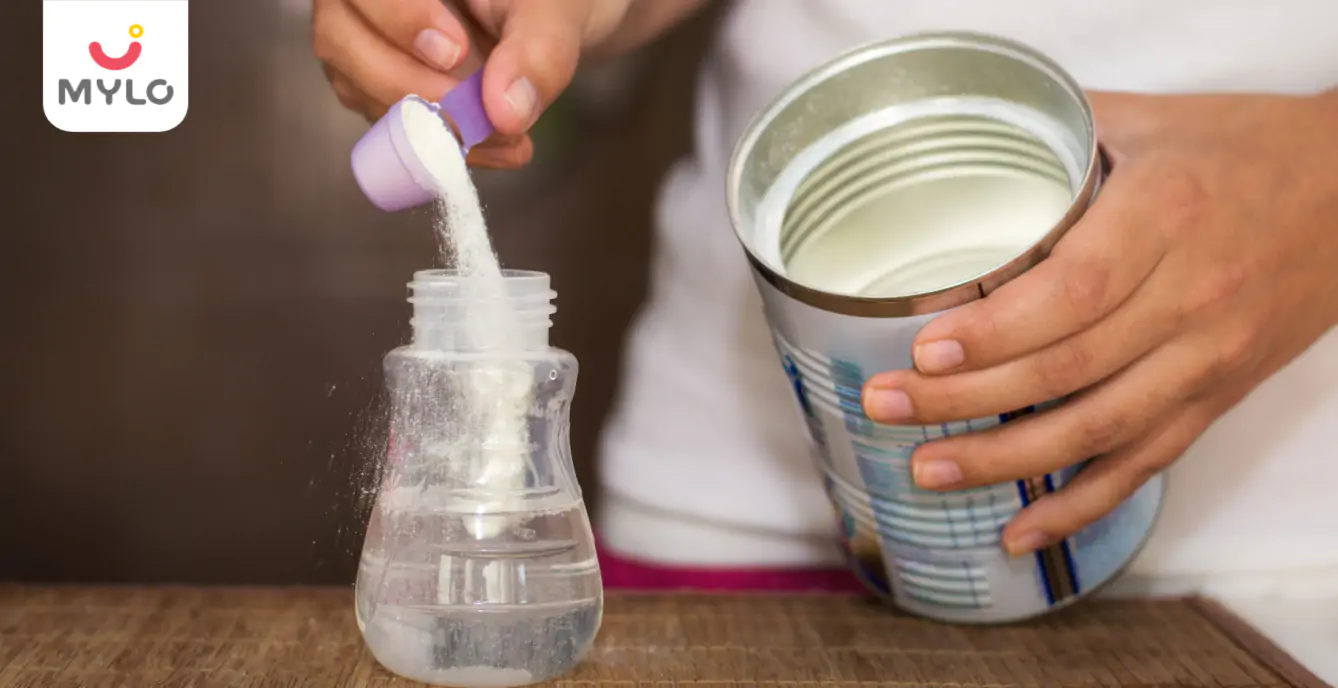
Formula Feeding
The Ultimate Guide to Formula Milk: Everything You Need to Know

Are baby monitors safe or dangerous for your little ones? How to protect your baby from EMF Radiations?
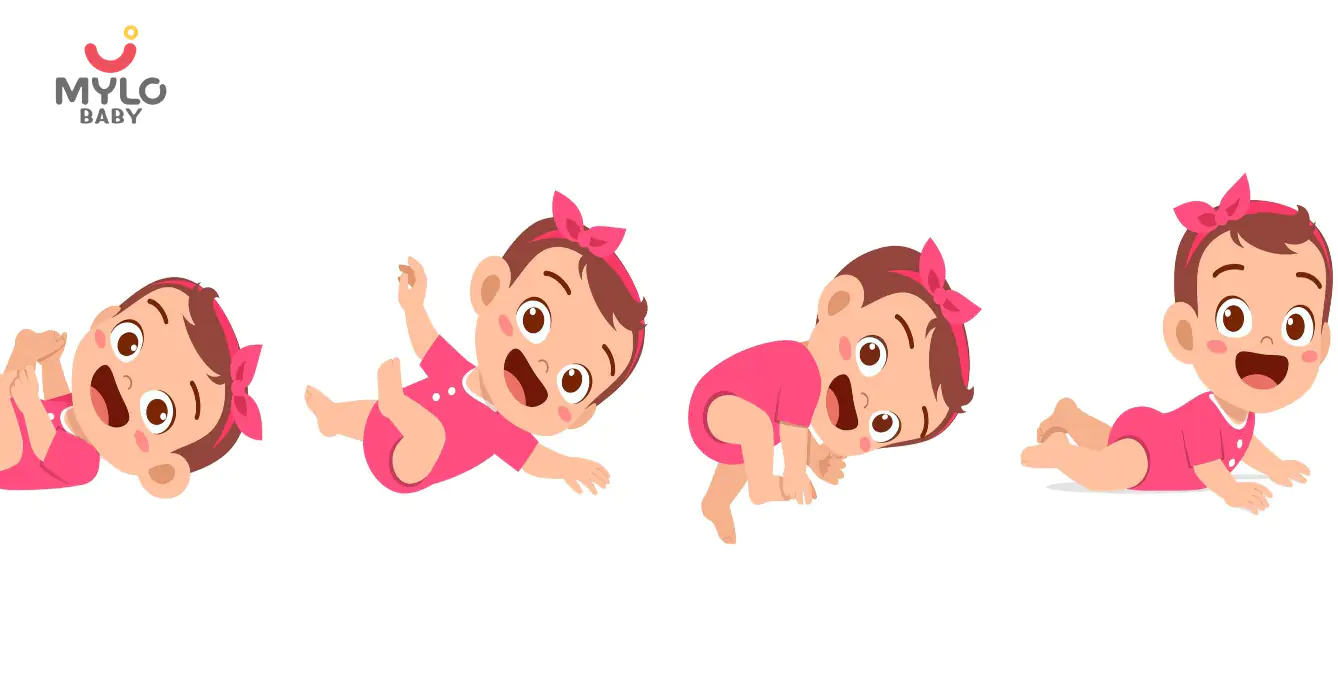
Motor Skills
Here’s a List of a Lot of Things That You Need to Know When Your Baby Starts Rolling Over
- How to Travel Around the World Stress-Free With Your Baby?
- গর্ভবতী হওয়ার জন্য প্রধান 10টি যৌন অবস্থান: গর্ভধারণের চেষ্টাকারী দম্পতিদের জন্য আলোচনা | Top 10 Sex Positions to Get Pregnant: The Ultimate Guide for Couples Trying to Conceive in Bengali
- Welcoming New Born Baby Quotes to Celebrate Life's Greatest Gift
- It's a Baby Girl! 50+ Ideas for Announcing Your Daughter's Birth
- Never Miss These Crucial Warning Signs of Emotional Development Problems in Your Baby
- The Ultimate Guide to Using Almond Oil for Baby Massage
- An ultimate guide about health, growth, and care for a 7-weeks-old baby
- Posterior Placenta: A Comprehensive Guide for Moms-to-Be
- Let's know more about the growth and development of the brain in infants and early childhood.
- Postnatal Care in India
- Low Birth Weight: Causes, Complications & Treatment
- Laparoscopic Ovarian Drilling: A Safe and Effective Solution for PCOS-Related Infertility
- Headache During Pregnancy: The Ultimate Guide to Causes and Cures
- Fetal Doppler Scan During Pregnancy: In which week should you get it done?


AWARDS AND RECOGNITION

Mylo wins Forbes D2C Disruptor award

Mylo wins The Economic Times Promising Brands 2022
AS SEEN IN
















- Mylo Care: Effective and science-backed personal care and wellness solutions for a joyful you.
- Mylo Baby: Science-backed, gentle and effective personal care & hygiene range for your little one.
- Mylo Community: Trusted and empathetic community of 10mn+ parents and experts.
Product Categories
baby carrier | baby soap | baby wipes | stretch marks cream | baby cream | baby shampoo | baby massage oil | baby hair oil | stretch marks oil | baby body wash | baby powder | baby lotion | diaper rash cream | newborn diapers | teether | baby kajal | baby diapers | cloth diapers |



